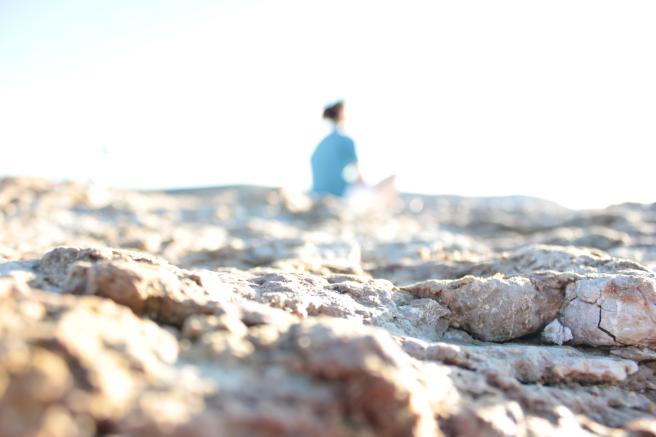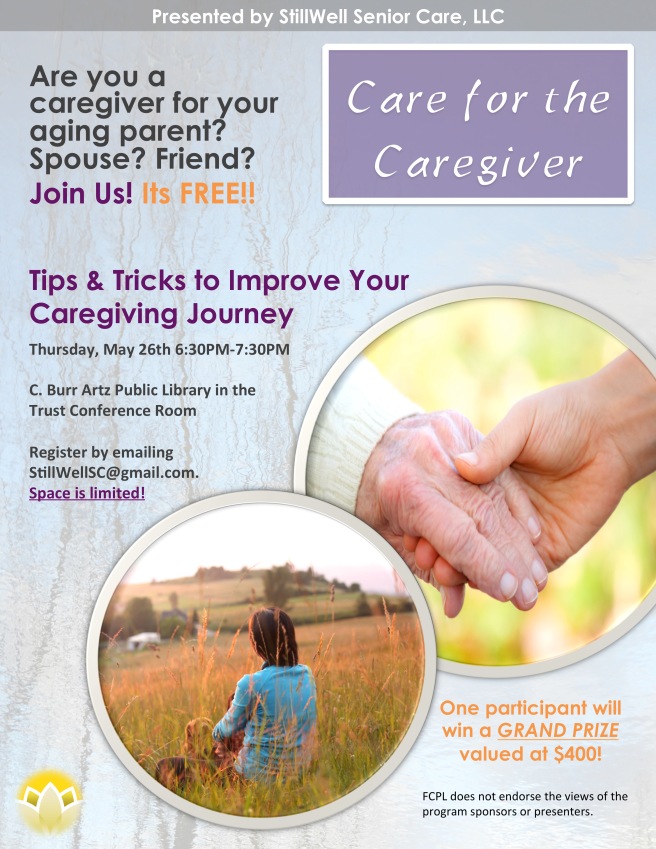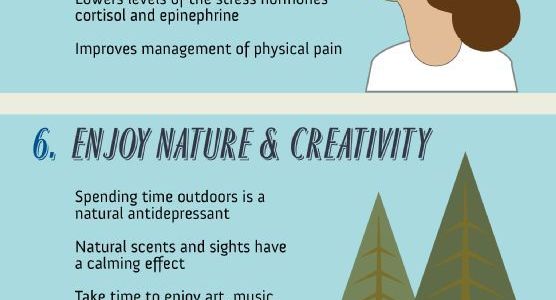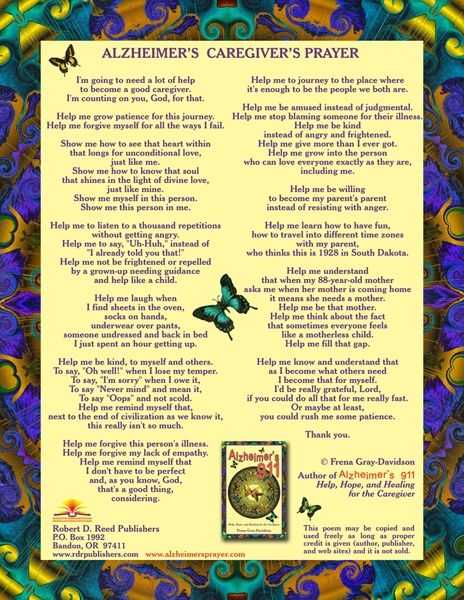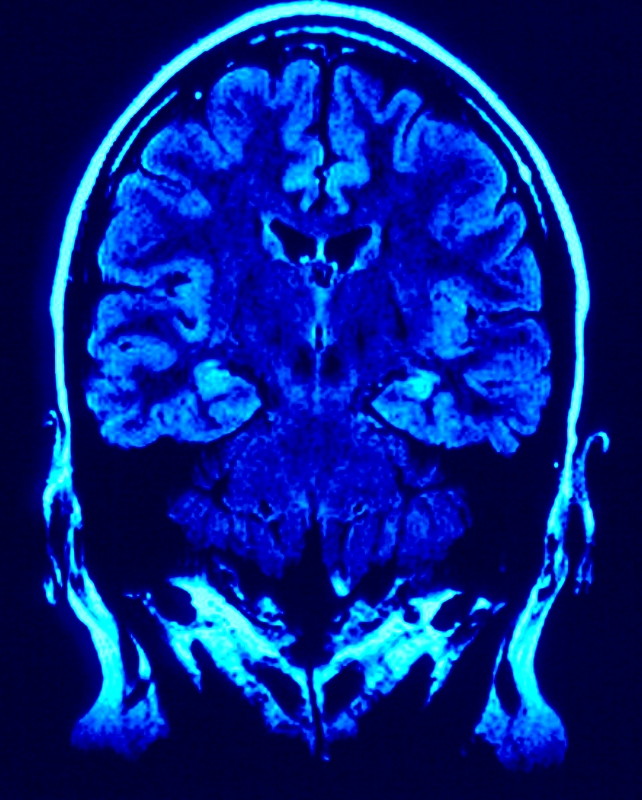Hello friends,
Monday is back and that means a little dose of mindfulness from me to you. This week’s topic is highly personal for me, and encompasses a lesson that I had to learn the hard way. Today, I challenge you to do one thing that makes you empowered in your own healthcare, or your loved one’s healthcare.
Every older adult with whom I have worked has, at some point, been overwhelmed by his healthcare. I would venture to say that all of us have, at least once, felt lost in the sea of health information that constantly inundates us. How do we know what is right and what is wrong? Should I go to the doctor or just try to WebMD it? Why am I growing a third arm? Okay, so we hope none of you have had to ask that last question, but you catch what we are throwing out.
In my personal health journey, I made the costly mistake (to my body, my mental state and my bank account) of blindly trusting my doctors. Do I think my doctors were trying to steer me wrong? Definitely not. Do I think they were bad doctors? Nope. The fault was mine. The doctors were operating the best they could in an imperfect and convoluted health system of conflicting regulations and uncharted changes. I was at fault because I didn’t attend my appointments prepared. I am a natural Type A, usually equipped with research, materials and a Plan Z. However, my own healthcare overwhelmed me so much that I shut down when I became sick. I didn’t manage my own health record but, instead, depended on doctors to forward incomplete notes to each other. I was hesitant to share all of my health information in fear of being misdiagnosed. I found health horror stories online that, as a researcher by trade, I knew were not reliable. I often skipped recommended testing and self-adjusted my medications without my doctor’s approval. I did all of these things to avoid my own healthcare, which was terrifying and overwhelming.
Eventually, my state became so critical that I knew I would not survive if I didn’t get empowered. So, I did. I attended a conference for people with my condition. I participated in an experimental study and was part of a trial exercise program. I spent an entire week compiling my health records, organizing them chronologically and creating a summary and key points for my doctors. I called research hospitals and began seeing specialists in my conditions. I completed all tests that were ordered, and spent a month in a wellness program to regain my physical strength, but also learn, mentally, how to thrive despite my condition. I went through the aggravatingly slow process of adjusting medications until I found a cocktail that had the least side effects with the most benefits. I learned to read medical jargon and took juried research papers to my doctors about my condition. I began writing a column for a non-profit organization committed to awareness, support and research. And, through these efforts, I made lifelong friends and contacts who were living similar stories. We share experiences, treatment options and resources. We continue to help each other to become more empowered patients. Now, I live a fully functioning life because I am an empowered patient.
Today, that empowerment came full circle. This is a study that just came out about my condition. The study results indicate that the condition could be autoimmune, which is something my doctors have suspected for some time. I shared this article with my medical network, hoping that they will use it to empower themselves in their own healthcare. Each piece of knowledge we have about ourselves will help us find more appropriate treatment and, in turn, improve our qualities of life.

I constantly work with clients who are terrified and overwhelmed by their rapidly changing health. So often, the smallest changes can make the largest impacts to our health, like having a client say to her doctor, “You know, we haven’t reviewed my medications in quite some time. Can we take a look at them? Do you think I should change any dosages? Are there any medicines, here, that I don’t need?”
What are you doing in your own healthcare, or your loved one’s healthcare, that is deferring the power to someone else, like a doctor? What change can you make, this week, to take more control over your health? No change is too small. This little adjustment will lead to a more open dialogue with your healthcare providers and, eventually, improve your wellbeing.
Stay mindful of your own health, friends, and be honest about your how your own actions are impacting your healthcare.
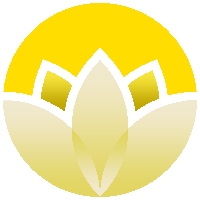
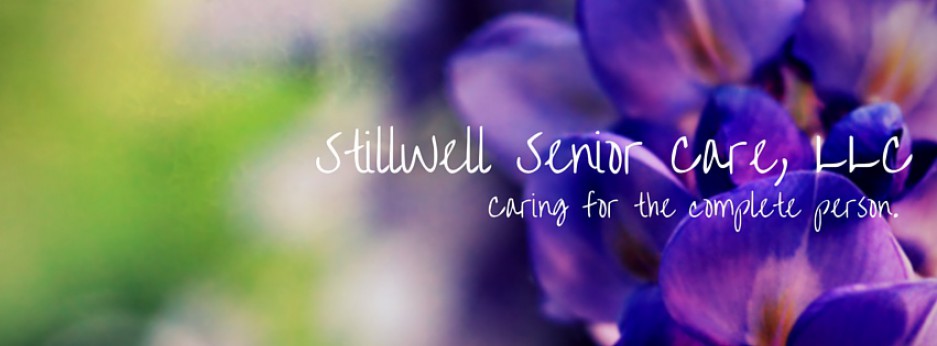



 We must keep listening to keep providing our purpose. Listening to what our clients, as well as all those who love and work with elders, are telling us. Listening is the only way to ensure we are fulfilling our purpose to the best of our abilities.
We must keep listening to keep providing our purpose. Listening to what our clients, as well as all those who love and work with elders, are telling us. Listening is the only way to ensure we are fulfilling our purpose to the best of our abilities.
